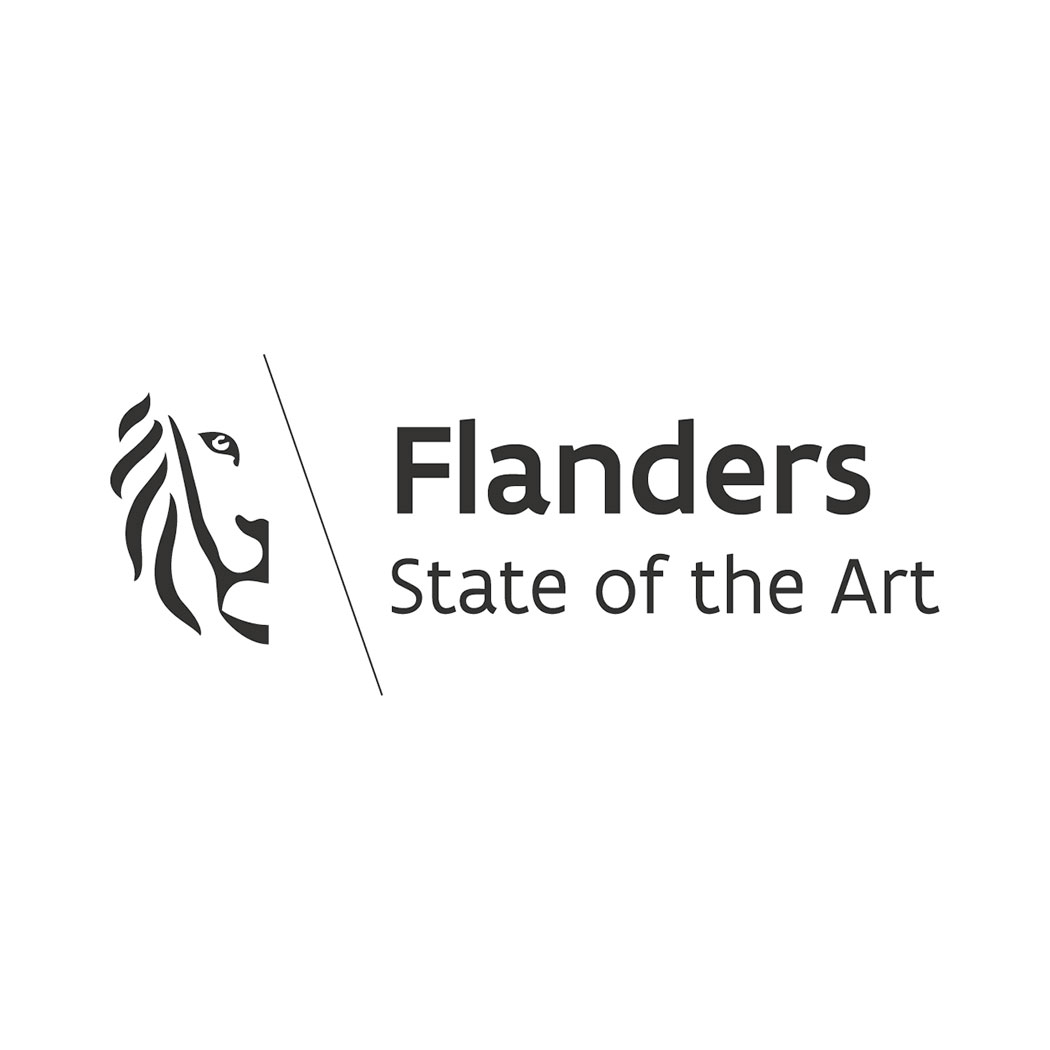Extraordinary times call for extraordinary actions. As the full impact of the COVID-19 health crisis became evident, the Government of Flanders went into action with initiatives to help curb the spread of the virus and support the local economy.
DXC Technology, a long-time technology partner, supported the Government of Flanders throughout the crisis — from the rollout of a new web application for local businesses to apply for relief payments to the establishment of contact tracing and vaccine-tracking services. As Flanders’ regional program was expanded nationwide, the local team had to scale up from 25 employees to 1,200 workers and volunteers in the field.
“We already had a long history between the Flemish government and DXC, which really added up to the success of the projects,” says Dominique Dejonckheere, ICT director at the Government of Flanders and chairman of the Vaccinnet+ Working Group. “DXC helped us with a few COVID-19-related projects, and we saw that as a large IT supplier, DXC was really capable of scaling up. DXC also has a strong focus on user adoption. That was really important for us.”
“We already had a long history between the Flemish government and DXC, which really added up to the success of the projects. DXC helped us with a few COVID-19-related projects, and we saw that as a large IT supplier, DXC was really capable of scaling up and has a strong focus on user adoption. That was really important for us.”
Dominique Dejonckheere ICT Director at the Government of Flanders and Chairman of the Vaccinnet+ Working Group
Onboarding civil servant volunteers
Initially, DXC helped the government launch a pilot contact tracing program with approximately 130 civil servant volunteers. Their task: To call as many citizens as possible and ask them whether they’d been in contact with anyone who had tested positive for the virus over the previous 2 weeks. The volunteers would then enter the results into a shared database to monitor COVID heatmaps and identify COVID clusters to help reduce the spread of the virus.
But before this important work could be done, the volunteers had to be trained in new processes and new systems. DXC onboarded 130 volunteers in no time — fine-tuning training materials, providing quick reference cards, setting up frequently asked questions for the agency’s portal, as well as organizing training classes and initiating daily live coaching sessions, called the Q&A Café.
“DXC was very capable in setting up a support organization for all the users and to bring them onboard in a very efficient way,” Dejonckheere says.
Onboarding wasn’t easy, given that the volunteers were all working from their homes and did not know or even get to meet one another. Yet with DXC’s help, the Agency for Care and Health (Flanders) was able to onboard all 130 volunteers in just 3 days.
“It's not about the perfection of the software. It’s about the speed of user adoption,” Dejonckheere says.
Onboarding medical practitioners
Another key initiative that helped onboard all medical practitioners in Flanders overseeing COVID-19 vaccinations was the introduction of an application to track vaccinations throughout Belgium.
The project involved some 10,000 medical practitioners, nurses and officials at hospitals, care centers and vaccination centers in all regions of the country, all of whom needed to be registered and trained on using a shared vaccination database application.
According to Dejonckheere, the rollout was originally planned to take 3 months, but that changed quickly.
“One week later we were told, no, you have one month to get this project done,” Dejonckheere recalls. “We succeeded. Everything was ready 6 days earlier than forecast, including the training. It was really amazing to take this ride with DXC and make this project a success.”
Rolling out modern apps
As a result of the initiative, all vaccinations are now recorded in a shared national database, along with information on any side effects and overall effectiveness.
Flanders had a database in place since 2004 that tracked the vaccinations of more than 6.5 million Flemish citizens, and now that database has been expanded nationwide.
DXC onboarded all the other Belgian regions, running training sessions, providing in-language training materials (Dutch and French), promoting e-learning materials and organizing daily live coaching sessions.
The database relied on an older application, which DXC extended to other regions with modern web services. In addition to rolling out the app to thousands of medical practitioners, DXC also worked with numerous medical software vendors to seamlessly integrate various medical systems with the national vaccination database.
To support an overall security strategy, DXC conducted a security audit of the application and performed penetration testing to ensure the database and web services are robust enough to repel cyber attackers. In addition to the security audit, DXC installed Dynatrace as a monitoring tool to identify service issues and solve them in a timely manner.
“They are really looking at the application day by day or hour by hour to know how well we are performing and how we’re reaching out to the patients in elderly homes and healthcare workers.”
Dominique Dejonckheere ICT Director at the Government of Flanders and Chairman of the Vaccinnet+ Working Group
High-profile project
This was a high-profile project for the country because of regional stakeholders’ reliance on the data for population health management decisions.
“They are really looking at the application day by day or hour by hour to know how well we are performing and how we’re reaching out to the patients in elderly homes and healthcare workers,” Dejonckheere says. “Those statistics are in the news and everybody is really studying them on the local level. What’s the status in my region or my city? It’s really a key indicator at this moment for the citizens.”
The data is helping the country fine-tune its overall vaccination strategy, with the goal of immunizing all 11.5 million Belgian citizens by mid-2021. The database is linked with a system that enables citizens to access their own data and ultimately generate vaccination certificates to support travel abroad or other activities that might require proof of vaccination.
DXC also helped quickly introduce a supply chain management application for tracking vaccine stock at some 100 vaccination centers in Flanders. This software application is used by healthcare workers in the centers to track both incoming and outgoing stock of all vaccination materials.
Dejonckheere noted that all the accomplishments over the past year were achieved with no physical meetings, which meant that good collaboration was crucial to the project’s success.
“There’s really no difference if you’re from the business, an IT supplier or DXC,” Dejonckheere says, “Everybody is working on the same level and with the same enthusiasm on this project. We are one team, and we created this team within a few days after the start.”

